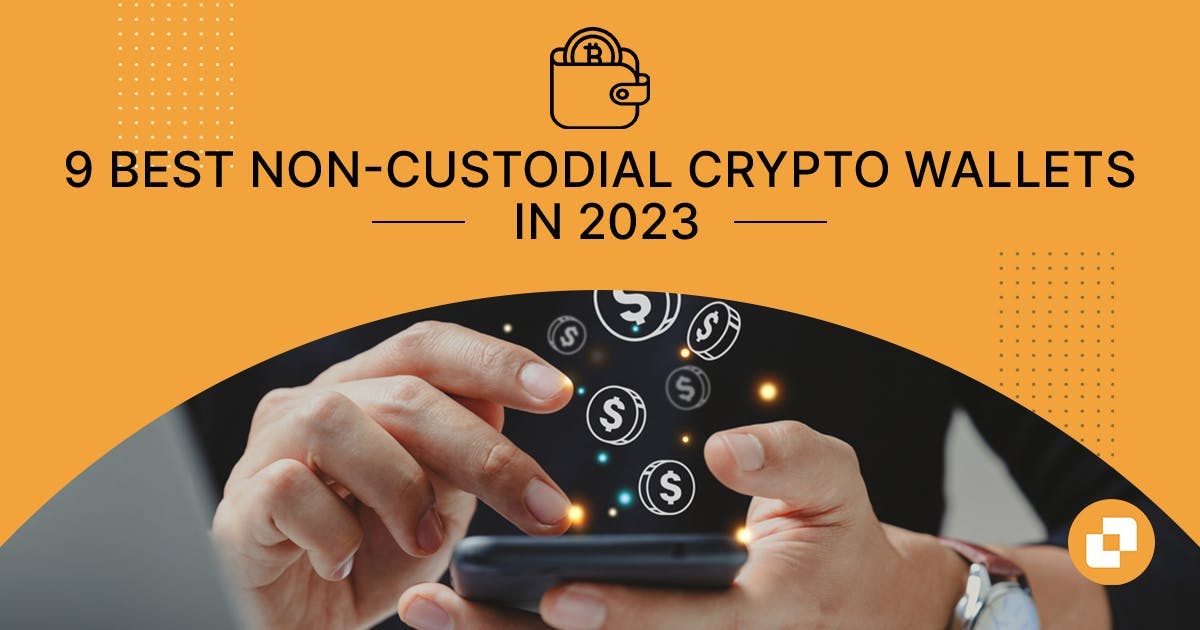9 Best Non-Custodial Crypto Wallets in 2023
Ian Cheeseman
min read

FAQ
Localcoin Bitcoin ATMs support all wallets that use a standard QR code. Each of the wallets within this article are compatible with the over 900 Bitcoin ATMs across Canada, which all provide the option to purchase Bitcoin, Ethereum, Litecoin, and Dogecoin.
Yes, non-custodial wallets are considered safe as they provide users with full control over their private keys and allow them to secure their funds using advanced security measures.
Non-custodial wallets support a wide range of cryptocurrencies, and the specific number depends on the wallet provider. Many non-custodial wallets support hundreds or even thousands of different cryptocurrencies.
The security of a non-custodial wallet depends on various factors, including the wallet's design, encryption methods, and user practices. Crypto hardware wallets like Ledger Nano S Plus and Trezor are widely regarded as highly secure options.
Yes, Trust Wallet is considered safe as it is a non-custodial wallet that allows users to control their private keys and offers robust security measures to protect funds.